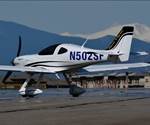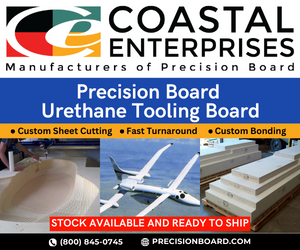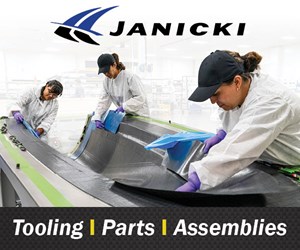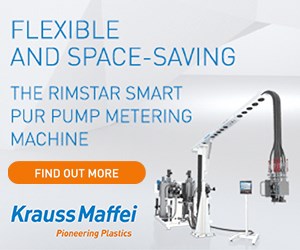Siemens electric propulsion motor powers Sun Flyer 2 flight
Bye Aerospace’s all-electric, composite material aircraft has successfully completed its first official flight test with a Siemens electric propulsion motor.
Bye Aerospace’s (Denver, Colo., U.S.) electric Sun Flyer 2 successfully completed the first official flight test with a Siemens electric propulsion motor February 8 at Centennial Airport, south of Denver, Colo., U.S.
The Sun Flyer family of aircraft, including the 2-seat Sun Flyer 2 and the 4-seat Sun Flyer 4, aims to be the first FAA-certified, practical, all-electric, composite material airplanes to serve the flight training and general aviation markets. Siemens will provide electric propulsion systems for the Sun Flyer 2 airplane: the 57 lb.-SP70D motor with a 90kW peak rating (120 HP), and a continuous power setting of up to 70kW (94 HP).
According to George E. Bye, CEO of Bye Aerospace, the initial flight with the Siemens motor went flawlessly. “The airplane performed exactly as planned,” says Bye. “My thanks to the entire Siemens team for their participation as we enter this next, important flight test phase of Sun Flyer 2 with the Siemens electric propulsion system.”
Sun Flyer 2’s program application to the FAA was accepted under FAR 23 certification criteria in the spring of 2018. The Sun Flyer 2 prototype will conduct extensive additional flight test activities in 2019 and continue to work closely with FAA representatives on certification activities. Current flight test focus areas are propulsion system, envelope expansion and systems optimization.
“This successful test flight is a proud moment for the Siemens and Bye Aerospace teams and marks a milestone in bringing the age of electric flight to life,” says Dr. Frank Anton, executive vice president and head of eAircraft, Siemens. “The Siemens electric propulsion system offers a clean, cost-efficient and silent propulsion alternative to the flight training market without compromising performance or safety.”
Globally, Siemens eAircraft technology is helping lead the aviation industry in electrification and hybrid propulsion, system integration, service and condition-based monitoring. The company has previously equipped European light and sport aircraft with electric propulsion systems up to 260kW for test purposes and is also developing propulsion technology in power classes up to 10MW to enable electrification of aircraft in the commercial air transport sector.
Related Content
-
Sustainability has come to composites and it's here to stay
It might be tempting to think of sustainability as a buzzword, but there are structural changes taking place in the composites industry that signal its permanence.
-
Coriolis Composites installs AFP machine at Sabanci University
C1 robot contributes to technology development at the Integrated Manufacturing Technologies Research and Application Center (SU IMC) in Istanbul.
-
Women in the Composites Industry brings together women for networking, educational opportunities
Aiming to support the growth of women in this industry, the WCI industry group and its partners recently held its first live training event hosted by Owens Corning.












